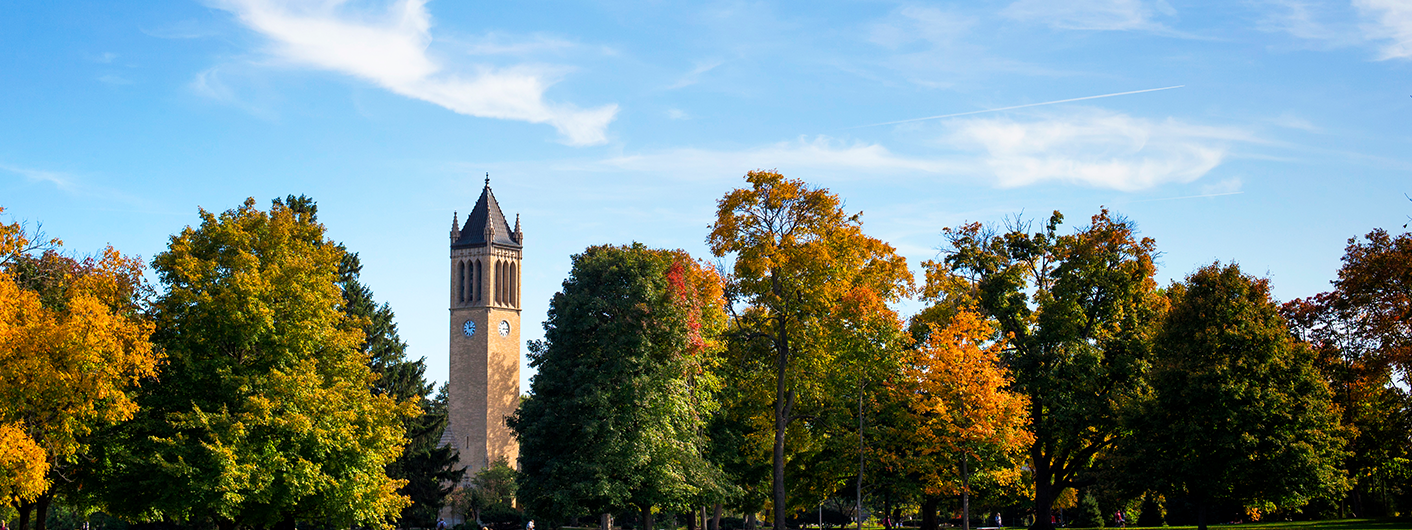Urban Ecosystem Project

- Historically excluded youth will develop authentic science knowledge, skills, and dispositions, as well as curiosity, interest, and positive identification with science, and motivation for continued science study by participating in a scientific community and engaging in the activities and discourses of the discipline.
Teams of students and educators will engage in community-based participatory research aimed at assessing and responding to health and well-being issues that are linked to mosquitoes in urban, low-income communities. In addition, the study of mosquitoes will engage student curiosity and interest, enhance their positive identification with science, and motivate their continued study. Learn more. - Informal and formal science educators will demonstrate competence in authentic and ambitious science teaching and model an affirming orientation toward cultural diversity in science.
Pre-service, in-service, and informal educators will participate in courses and summer institutes where they will be exposed to ambitious teaching practices and gain proficiency, through reflective processes such as video study, in adapting traditional science curricula to authentic science goals that meet the needs of historically-excluded youth. Learn more. - Residents in the community will display more accurate understandings and transformed practices with respect to mosquitoes in the urban ecosystem in service of enhanced health and well-being.
Residents will learn from an array of youth-produced, culturally responsive educational materials that will be part of an ongoing outreach and prevention campaign to raise community awareness of the interplay between humans and mosquitoes. Learn more.

Need More Information?
Sara Erickson
E115A Lagomarcino Hall
901 Stange Road
Ames, IA 50011-1041
